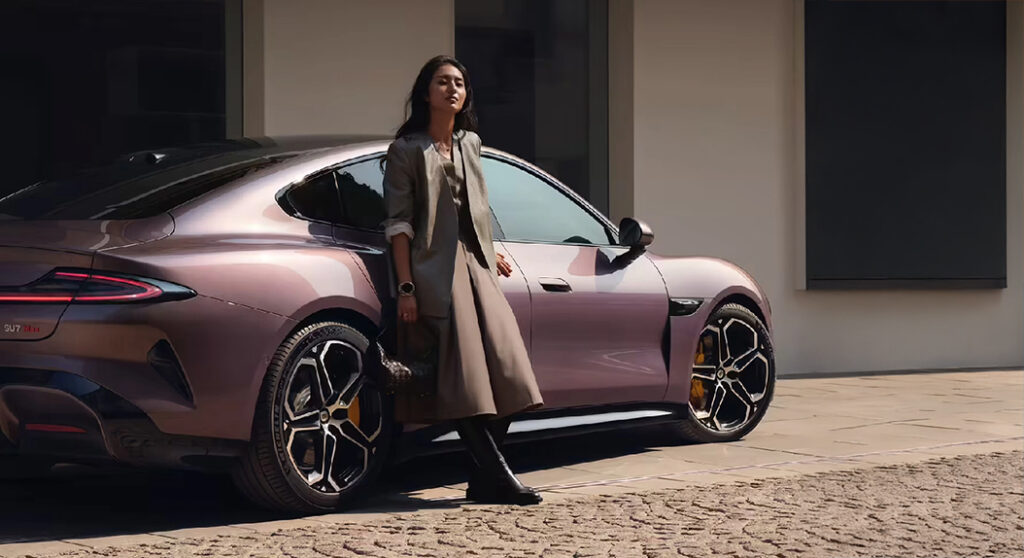According to a report by Nikkei on December 6, the research firm MarkLines released global sales data for pure electric vehicles in Q3 2024. Data collected across 55 countries covered more than 2.5 million units sold between July and September.
Top Performers in the Global EV Market
Tesla took pole with sales of 430,000 in Q3 for a gain of 2% compared to the previous year. Tesla’s results slipped back in Europe and the US, but surged once again in China. BYD stood second by selling 420,000 units, posting a rise of 9% when compared to the same period last year.
Geely grasped third place with its sales of 200000 units. Where General Motors stood forth with a sale of 180,000 units-a good increase of 27% YOY. For sure, this is a great achievement brought in by GM along with a joint venture, SAIC-GM-Wuling JV, but still a struggling task awaits this brand in US shores regarding the delayed call of their battery production road map.
Rising Xiaomi in the EV Market
Xioami marked an entry into the global EV ranking with the delivery of 39,790 units of the Xiaomi SU7 series in Q3. Cumulatively, as of September 30, 2024, Xiaomi Auto has delivered a total of 67,157 vehicles. This placed Xiaomi ahead of Toyota in pure EV sales, marking its growing presence in the market.
Challenges for Japanese Car Manufacturers
Japanese manufacturers suffered a serious downfall in the EV segment:
- Nissan, once the leading player of Japanese EV manufacturers, managed to sell 34,000 units, or an increase of 2 percent on a yearly basis; hence, it dropped down on 22nd. Due to poor sales in the nation for its models such as Sakura, and LEAF it failed to enjoy strong momentum in Japan.x
- Toyota also sold 33,000 units, a 36% increase on the corresponding period last year, with the brand ranked only 23rd globally.
- Honda was next, with 20,000 units, ranking 24th.
The report points out that Japanese automakers are losing competitiveness in China’s EV market while relying on high sales incentives in North America to sustain their presence.
A Shift in the EV Landscape
Q3 results again illustrate the dominance of Chinese and U.S.-based EV makers, while other brands, such as Xiaomi, demonstrate the potential to shake traditional automotive firms. For Japan, traditionally one of the globe’s biggest car markets, the performance from traditional Japanese car manufacturers reflects growing pressure to adapt to a rapidly changing global EV landscape. With Xiaomi’s expansion of its EV footprint, that signals a sea change in the global automotive landscape-a change brought about by innovation and strategic market positioning.


 Emir Bardakçı
Emir Bardakçı


